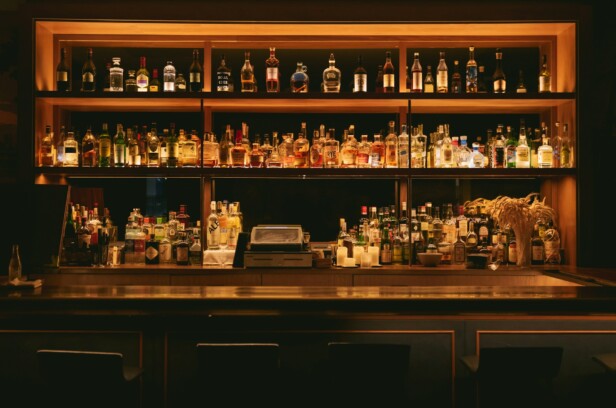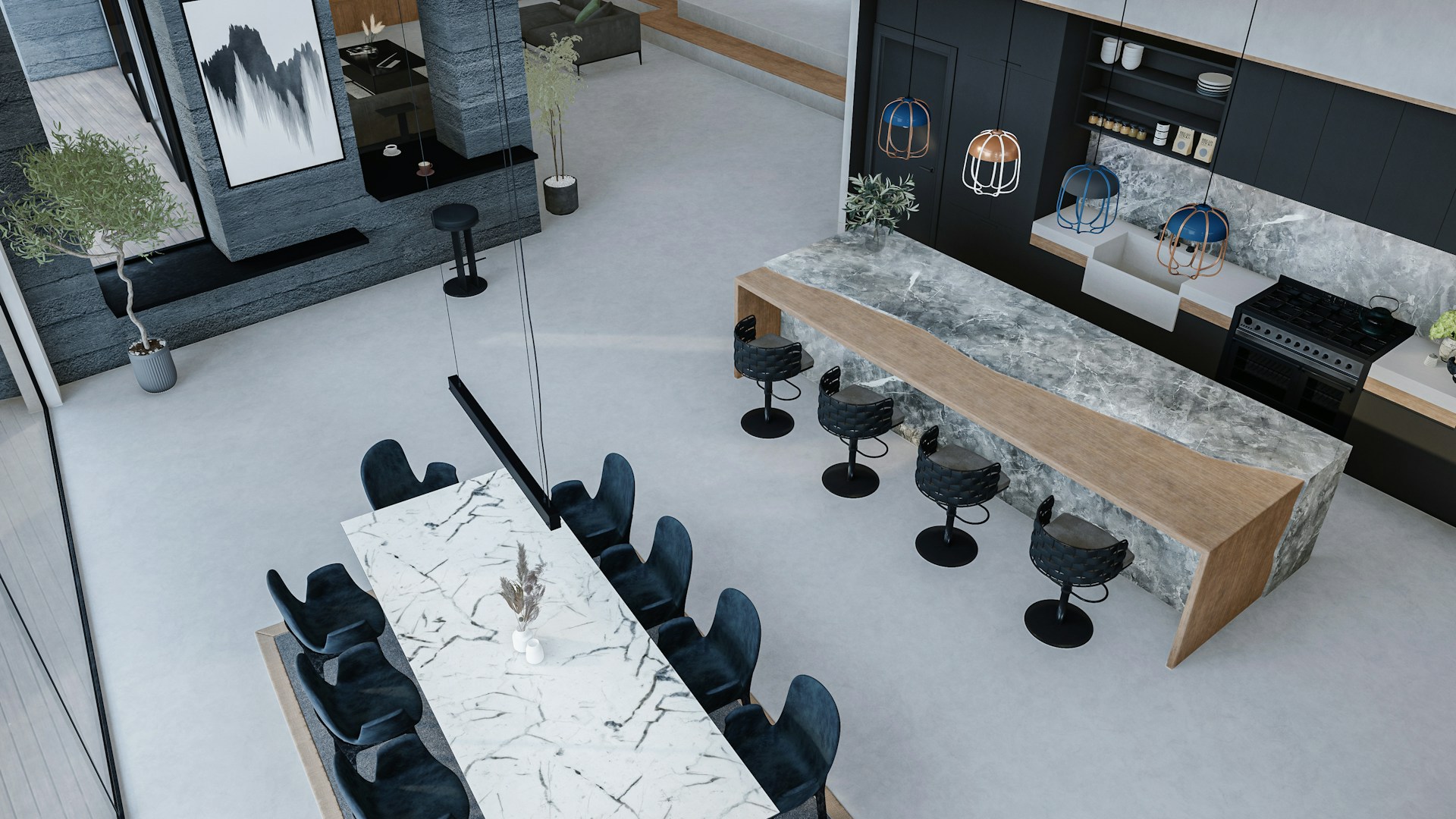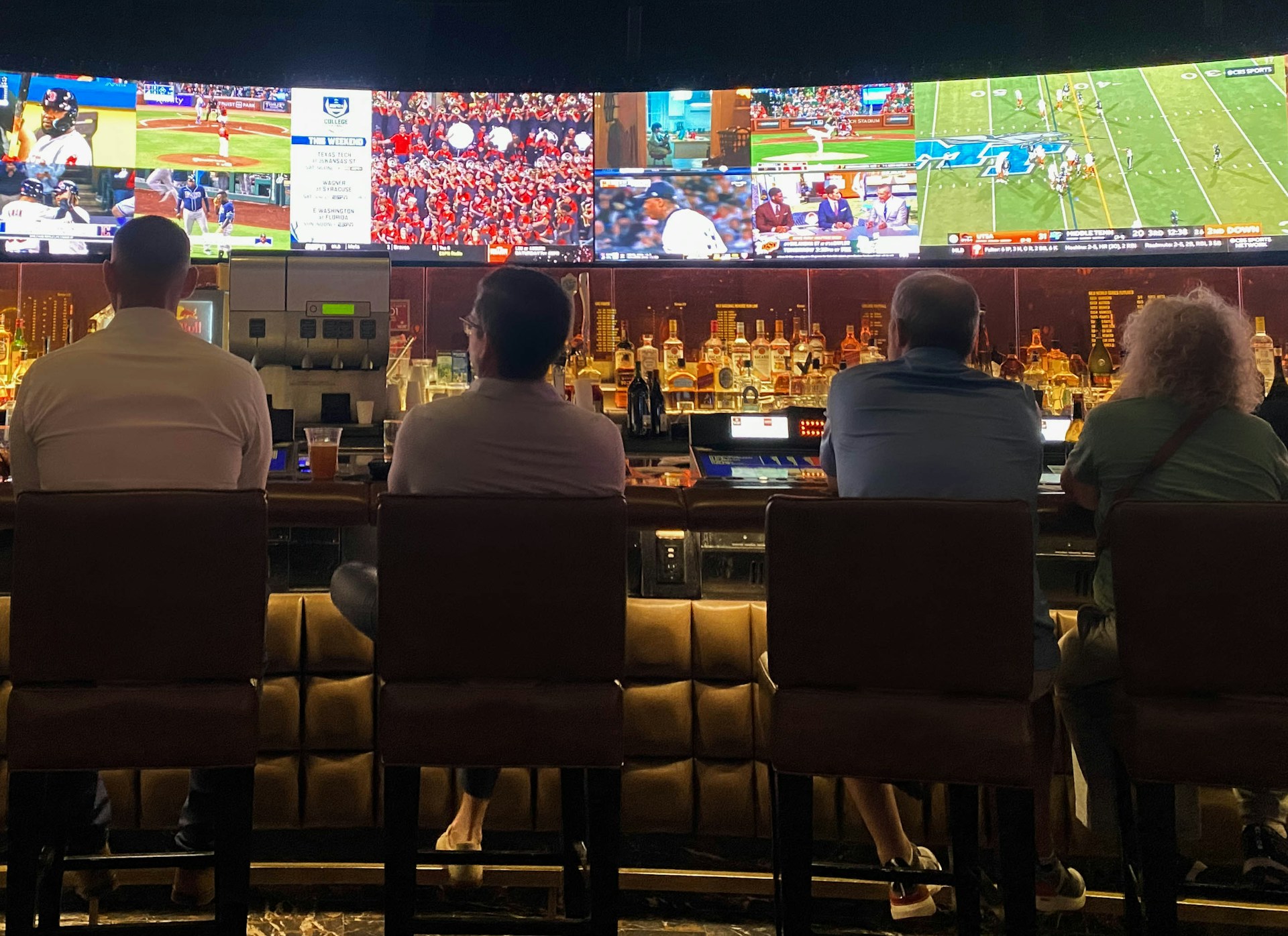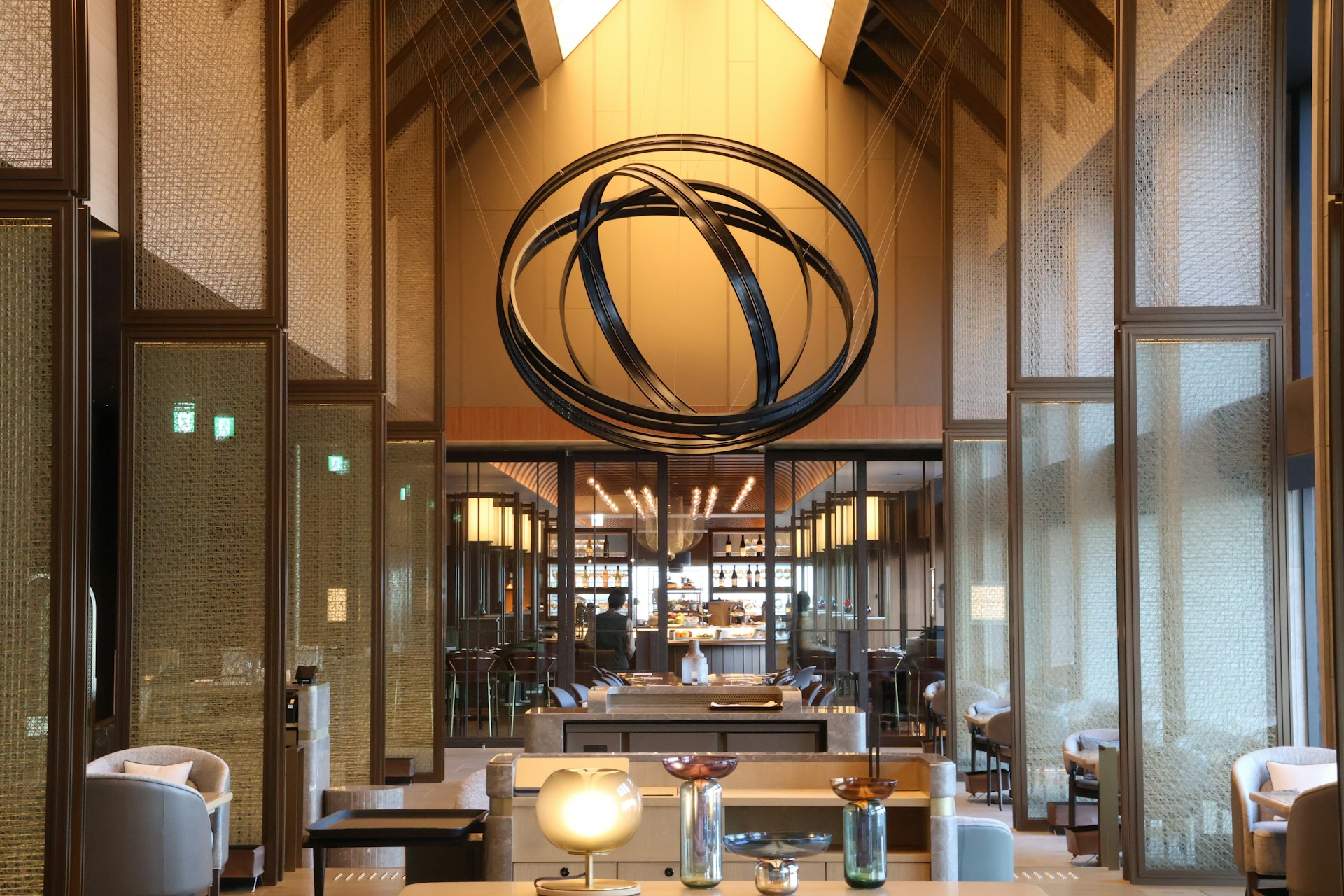Bar construction Dallas projects require specialized expertise that balances hospitality operations with building code requirements. We coordinate comprehensive MEP services including electrical systems for equipment and ambiance lighting, HVAC for climate control and ventilation compliance, and plumbing infrastructure for service areas and customer facilities. Each project begins with preconstruction planning that evaluates site conditions and establishes realistic capacity targets.
Our approach centers on interior finishing that supports both brand identity and operational workflow. We align bar layouts with service flow patterns while ensuring municipal coordination runs smoothly through permitting and inspection phases. These hospitality renovation projects span from intimate cocktail lounges to expansive sports venues, with timelines structured around soft opening schedules that protect revenue generation from day one.
Which Planning And Code Factors Shape Dallas Bar Projects?
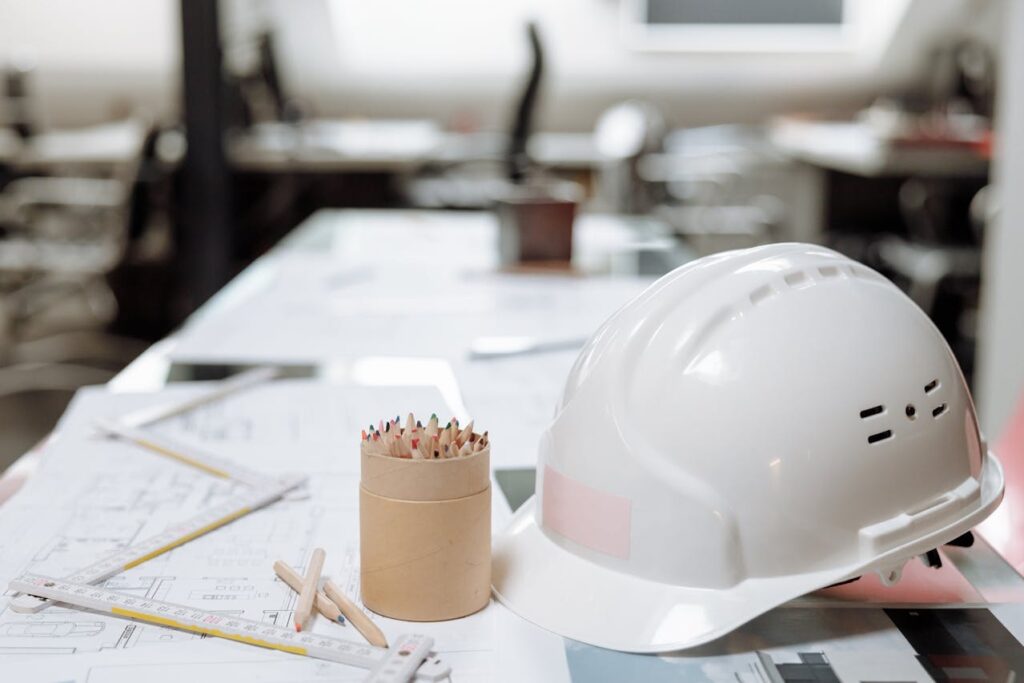
Early planning drives realistic scope definitions and capacity calculations before construction begins. We establish clear parameters for seating arrangements, service areas, and operational flow patterns during the preconstruction phase. This foundation work prevents costly revisions and ensures efficient use of available square footage.
Food Establishment Permits And Chapter 17 Requirements
Dallas bars must obtain Food Establishment Permits through the Sustainable Development & Construction Department before opening. Chapter 17 of the Dallas City Code establishes specific standards for materials, equipment placement, and facility design that directly impact construction decisions. We coordinate permit applications early in the design phase to avoid delays during construction.
Food service areas require specialized finishes and equipment layouts that meet health department standards. The permit process includes plan review by city officials who verify compliance with Chapter 17 requirements. We maintain current knowledge of these regulations to ensure our designs pass initial review.
Specific Use Permits For Alcohol Service
Many Dallas bar locations need Specific Use Permits (SUP) for alcohol service and extended operating hours. SUP requirements vary by zoning district and can affect design elements like parking ratios, sound mitigation, and entrance configurations. We evaluate SUP needs during site assessment to incorporate any special requirements into our construction plans.
The SUP approval process involves coordination with city planning departments and can influence project timelines. Early identification of SUP requirements allows us to design spaces that support both permit approval and operational efficiency.
Material Standards For Code Compliance
Dallas Chapter 17 mandates specific flooring materials for food and beverage service areas. Smooth, cleanable surfaces like sealed concrete, terrazzo, and ceramic tile meet city requirements for sanitation and maintenance. We select materials that satisfy code requirements while supporting the design aesthetic and operational durability.
Wall surfaces in food preparation and service areas must be rigid and non-absorbent. Fiberglass reinforced plastic (FRP) panels and stainless steel cladding provide approved finishes that withstand commercial cleaning protocols. These material choices directly influence construction methods and budget planning.
Municipal Coordination And Drawing Alignment
We coordinate with city officials at the Oak Cliff Municipal Center and other relevant departments to streamline the approval process. Early engagement helps identify potential issues before they become construction delays. Our team aligns architectural drawings with zoning regulations and building codes to ensure consistent compliance across all project phases.
Proper coordination with health inspections and building departments protects construction schedules from unexpected revisions. We maintain regular communication with municipal reviewers throughout the permitting process to address questions promptly and keep projects moving forward.
Which Services Are Common For Bar Renovation And Design In Dallas?
Core MEP Services
MEP services form the foundation of bar functionality in Dallas projects. Electrical work includes power distribution for equipment and lighting systems that create the right atmosphere while meeting code requirements.
HVAC systems provide climate control and ventilation to maintain comfortable temperatures and air quality. Proper ventilation removes cooking odors and maintains air circulation throughout the space.
Plumbing services handle water supply for bars, restrooms, and prep areas. We coordinate drain placement, grease trap connections, and gas lines for equipment that requires fuel connections.
Construction Delivery Methods
Design-build coordination streamlines projects by combining design and construction under one contract. This approach reduces communication gaps and speeds up decision-making throughout the project timeline.
Value engineering identifies cost savings without compromising operational needs or quality standards. We analyze materials and systems to optimize performance while managing project budgets.
Construction management coordinates trades and schedules to prevent delays. Bid package assembly ensures competitive pricing from qualified subcontractors across electrical, plumbing, and specialty work.
Operational Support Services
Permit streamlining reduces approval timelines by coordinating early with Dallas city officials. We prepare documentation that addresses code requirements and zoning compliance upfront.
Phased remodels allow bars to maintain revenue during construction. Off-hour work schedules minimize disruption to peak business periods while maintaining progress.
Emergency response services address storm damage, flooding, or equipment failures that threaten operations. Warranty service protects investments beyond project completion and addresses post-opening issues.
Interior Design And Finish-Out
Commercial interior remodeling transforms existing spaces to meet current brand standards and operational needs. We coordinate finishes that support both aesthetics and durability requirements.
Retail finish-out work adapts raw commercial space for hospitality use. Interior design services align ambiance with target market expectations while supporting efficient service flow.
Custom millwork and bar equipment placement require precise coordination with MEP rough-in work. We sequence these elements to avoid conflicts and rework during construction phases.
How Does The Delivery Process Run From Preconstruction To Turnover?
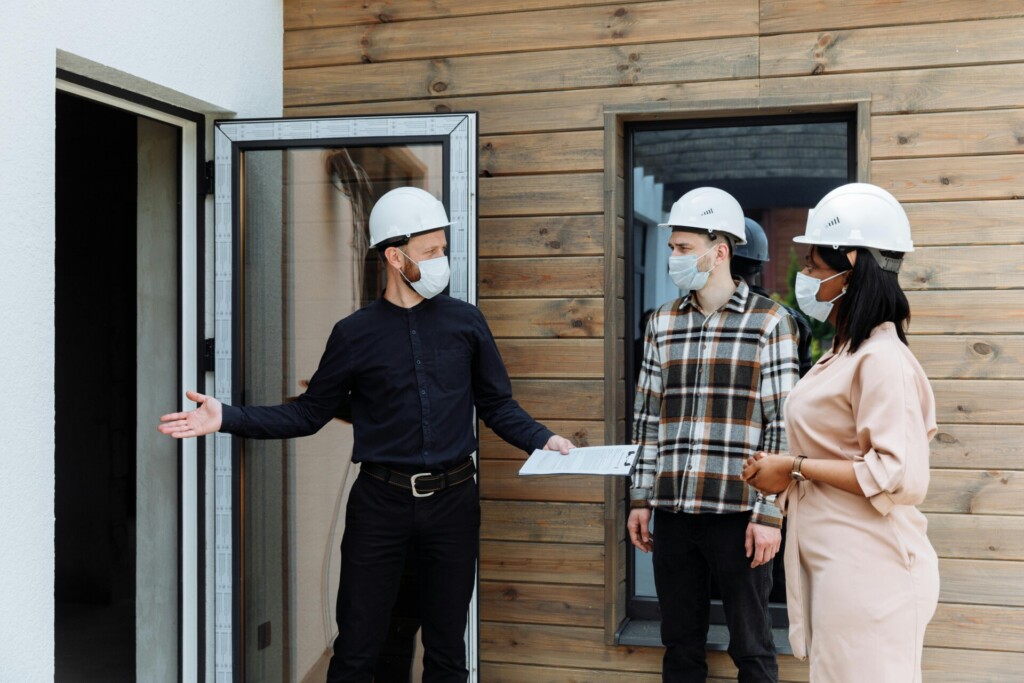
The delivery process begins before construction starts, laying groundwork that determines whether your bar opens on schedule and within budget. We approach each bar renovation and design project through structured phases that protect critical path timelines and coordinate multiple trades toward a successful soft opening.
Site Evaluation And Infrastructure Assessment
Site evaluation determines feasibility and uncovers potential constraints before design progresses. We assess electrical capacity to handle commercial refrigeration, lighting systems, and entertainment equipment that bars require. Existing panels may need upgrades to support ice machines, glass washers, and point-of-sale systems that operate simultaneously during peak service.
Plumbing infrastructure evaluation identifies supply lines, drainage capacity, and grease trap requirements. Bar operations generate significant wastewater from glass washing and cleaning procedures. We verify that existing systems can handle increased demand or plan for upgrades during the construction phase.
HVAC assessment addresses ventilation requirements for occupied spaces and equipment heat loads. Commercial refrigeration and cooking equipment generate substantial heat that impacts comfort and energy costs. Structural evaluation confirms that existing conditions can support bar equipment, millwork installations, and any layout modifications planned for the space.
Design Consultation And Project Coordination
Design consultation establishes service flow priorities, capacity targets, and brand positioning that guide all subsequent decisions. We work with ownership to define peak capacity, average transaction times, and revenue goals that inform layout and equipment specifications. Brand intent discussions align interior finishes, lighting concepts, and fixture selections with the market segment and customer experience objectives.
Early coordination with architects, engineers, and city officials prevents delays during permitting and construction phases. We review preliminary drawings with municipal staff to identify potential code conflicts before final design submission. Regulatory compliance discussions during design save weeks compared to revisions after plan submission.
Architect-engineer coordination ensures that structural, mechanical, and electrical systems integrate properly with bar-specific requirements. We verify that equipment placement allows proper maintenance access and that utility routing doesn’t conflict with millwork or customer circulation patterns.
Construction Sequencing And Quality Management
Construction sequencing coordinates multiple trades while maintaining project momentum toward opening deadlines. We sequence rough-in work to support bar equipment placement, ensuring that electrical, plumbing, and gas lines reach required locations before millwork installation begins. Trade coordination prevents conflicts between HVAC ductwork and decorative ceiling elements common in hospitality spaces.
Quality control processes verify that installations match approved specifications and support long-term operation. We inspect rough-in work before concealment and verify proper equipment mounting and connections during installation. Material inspections confirm that specified finishes, fixtures, and equipment meet durability requirements for commercial bar operations.
Equipment procurement coordination aligns delivery schedules with construction milestones. Commercial bar equipment requires specific utility connections and clearances that must coordinate with construction progress. We manage supplier schedules to prevent storage issues while ensuring equipment availability when installation crews are ready to proceed.
Commissioning And Pre-Opening Preparation
Equipment commissioning verifies that all systems operate according to specifications before staff training begins. We test refrigeration systems under load conditions, verify glass washer cycles and water temperatures, and confirm that POS systems communicate properly with kitchen display systems and payment processors. Ice machine commissioning includes water quality testing and initial production cycles to ensure proper operation.
Staff training coordination schedules equipment demonstrations and operational walkthroughs during final construction phases. We arrange for equipment vendors to provide hands-on training with key management staff before opening. Training sessions cover proper operation, basic troubleshooting, and maintenance requirements that protect equipment warranties.
Inventory setup and POS installation occur during final finish work to prevent damage from ongoing construction activities. We coordinate with suppliers to schedule initial inventory delivery and organize storage areas for efficient operations. Final health inspections are scheduled after all systems are operational and staff training is complete, supporting target soft opening dates.
What Layout Choices Improve Front- And Back-Of-House Performance?
Strategic layout design transforms bar operations by creating distinct functional zones that support both guest experience and staff efficiency. We approach each bar design by establishing clear boundaries between public and service areas, with the bar counter serving as the natural transition point.
Defining Service Zone Boundaries
The bar line creates a physical and operational boundary that separates guest-facing areas from back-of-house operations. This division allows us to optimize each zone for its specific function while maintaining visual connection where appropriate. Front-of-house areas prioritize guest comfort and atmosphere, while service areas focus on workflow efficiency and equipment access.
We design the service side with practical elements that enhance bartender productivity. Efficient bar tops provide adequate workspace for drink preparation and service, while integrated footrails reduce fatigue during long shifts. Durable cladding materials like stainless steel or sealed surfaces withstand constant use and cleaning while maintaining professional appearance.
Strategic Storage Placement
Smart storage design reduces movement and keeps essential items within easy reach. We position cupboards for backup inventory where they don’t interfere with primary workflow but remain accessible during busy periods. Adjustable shelving systems accommodate different bottle sizes and allow for inventory changes over time.
Back-bar displays serve dual purposes by providing storage while marketing premium spirits to guests. These visible displays create upselling opportunities and add visual appeal to the space. We position display shelving at appropriate heights for both accessibility and visual impact, typically keeping frequently used items at arm’s level and premium selections at eye level for guests.
Equipment Zoning For Workflow Efficiency
Effective equipment placement creates stations that minimize bartender movement between tasks. Speed rails hold the most commonly used liquors directly in front of service positions, reducing reach time for standard cocktails. We integrate these with pour spouts positioned at consistent heights to maintain smooth workflow patterns.
Essential service equipment clusters around primary work areas for maximum efficiency. Tills and POS systems position within easy reach of service points without disrupting drink preparation flow. Ice dump storage and ice machines locate close to mixing stations while allowing multiple staff members access during peak periods.
Glass wash areas integrate into the workflow sequence, positioned where dirty glassware naturally accumulates but separate from clean storage areas. Hand sinks and service sinks place near glass washing stations to support sanitation protocols. Refrigeration units position based on content and frequency of access, with beer coolers near tap systems and wine storage at appropriate serving temperatures.
Clear equipment zoning prevents bottlenecks during service while supporting consistent sanitation practices. Each zone serves specific functions without overlapping in ways that create confusion or inefficiency. This systematic approach supports fast service during peak periods while maintaining the cleanliness standards that guests expect and health codes require.
Conclusion And Practical Next Steps
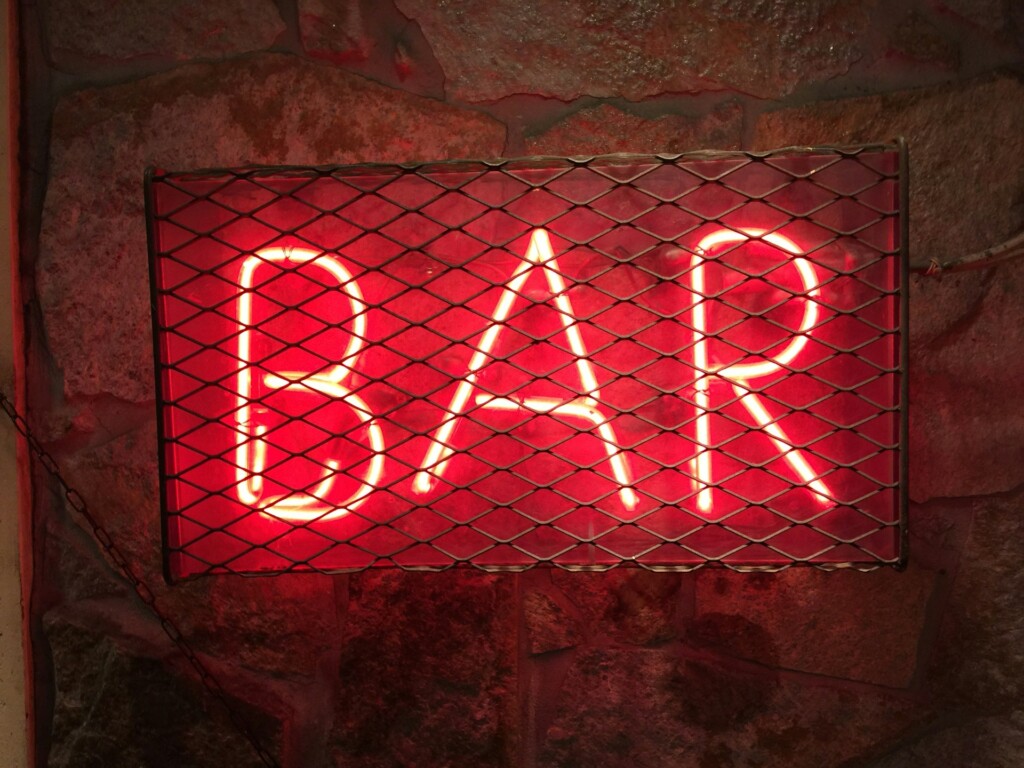
Successful Dallas bar renovation begins with clear space allocation decisions. Define your target square footage upfront and allocate zones between guest seating and back-of-house operations based on your service model and capacity goals. Align design choices with the DFW hospitality market segment you serve, whether that focuses on intimate cocktail experiences or high-volume sports entertainment.
Early municipal coordination protects project schedules and prevents costly delays. Confirm your code compliance path through the Oak Cliff Municipal Center for Food Establishment Permits and determine any Specific Use Permit requirements for alcohol service before finalizing architectural plans. Choose delivery methods that match your timeline and budget constraints, whether that involves design-build coordination for streamlined execution or phased construction approaches that keep portions of your operation running during renovations. Coordinate with design-build teams from preconstruction planning through final turnover to align permit approvals, equipment procurement timing, and operational readiness with your soft opening schedule.
Connect with EB3 Construction to coordinate your bar renovation project from preconstruction planning through successful opening.

